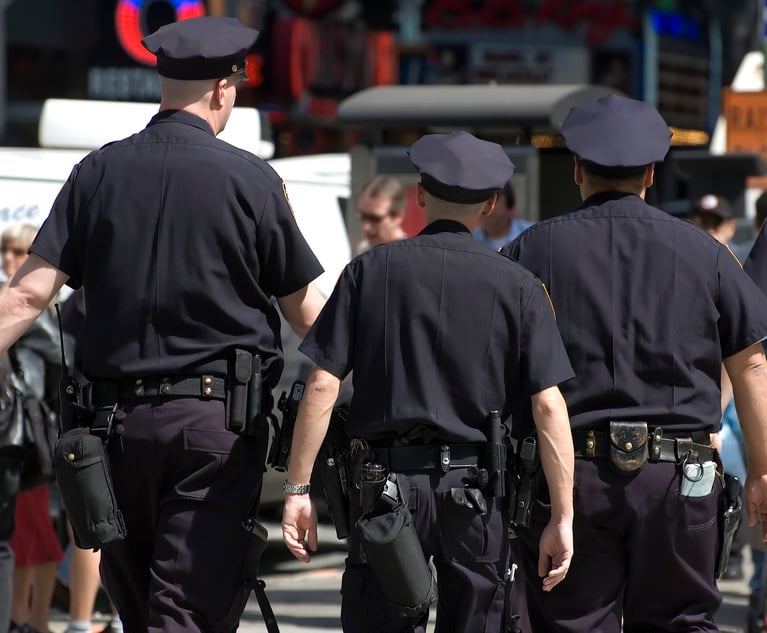 The U.S. Department of Justice’s November 2019 trial conviction of Lawrence Hoskins, a U.K. citizen employed by the French energy company Alstom, for violating the Foreign Corrupt Practices Act (FCPA) drew increased attention to the global reach of U.S. law and DOJ policy in pursuing targets who have had little or no contact with the United States. The Hoskins case highlighted the manner by which the DOJ (and the SEC, which has civil enforcement jurisdiction under the FCPA) can harness the common-law doctrine of agency to expand the reach of the statute.
The U.S. Department of Justice’s November 2019 trial conviction of Lawrence Hoskins, a U.K. citizen employed by the French energy company Alstom, for violating the Foreign Corrupt Practices Act (FCPA) drew increased attention to the global reach of U.S. law and DOJ policy in pursuing targets who have had little or no contact with the United States. The Hoskins case highlighted the manner by which the DOJ (and the SEC, which has civil enforcement jurisdiction under the FCPA) can harness the common-law doctrine of agency to expand the reach of the statute.
There are two primary legal concepts U.S. companies operating overseas need to understand with respect to agency and its relevance to the FCPA. First, the text of the statute makes the “agents” of U.S. issuers and U.S.-based companies liable. As the government has interpreted it, this means that the foreign subsidiaries (and employees or other third parties acting for those subsidiaries) of a U.S. company can be charged under the statute where the parent entity exercises sufficient control over their conduct, even if they would be otherwise outside the jurisdiction of U.S. law. Second, the related common-law doctrine of respondeat superior makes companies liable for the acts of their agents, if those acts are taken in the scope of their agency and for the benefit of the principal. As the government has applied the doctrine in this context, if a foreign subsidiary of a U.S. company has violated the FCPA, and if the subsidiary is deemed the “agent” of the company, the U.S. company may be charged directly as well, even if U.S. personnel had no knowledge of or involvement in the misconduct. Despite the profound effect that these two concepts—agency and respondeat superior—can have on the scope of FCPA jurisdiction, the courts have just begun to grapple with their application and limits.






